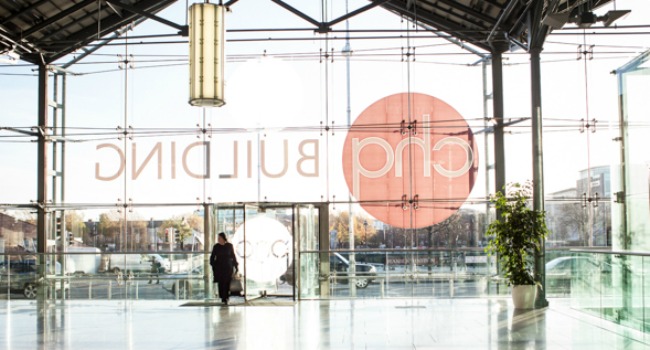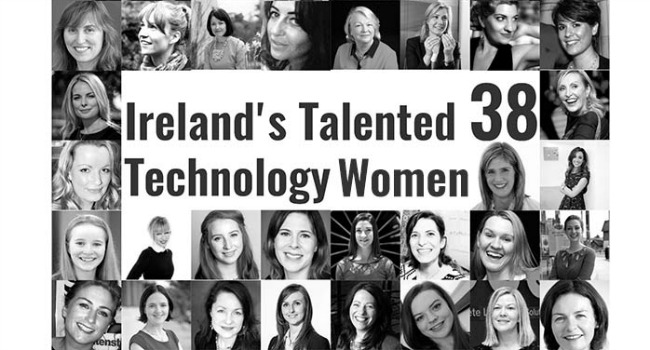I recently sat down with Cathal from the office of the Dublin Commissioner for Startups in the vaults of Dogpatch labs, a co-working space for tech companies at the heart of Dublin city and the tech community.
Given the growth of the startup scene in Dublin and in Ireland, I wanted to connect with Startup Dublin and find out more about how this is happening.
The office of the Dublin commissioner of Startups was set up in October 2014 by Niamh Bushnell and it has become an intrinsic part of the Dublin startup scene thanks to its great events and its publication; Dublin Globe.
In addition to championing the startup community, the office also champions Dublin as a place for startups to succeed in:
Dublin is the city of “the 3 Forces”: World class startups, a strong local ecosystem, and the most innovative multinationals on the planet. The confluence of these 3 is what makes Dublin unique and a magnet for entrepreneurs, startups, investors and media globally.
In their own words:
The Office of the Dublin Commissioner for Startups- aka Startup Dublin - is an independent, not for profit organization established in October 2014 to support and promote innovation-led, product-based companies that are born, bred or adopted in Dublin.
From our own particular point of view as a resident of Dogpatch labs, we are lucky to have Startup Dublin literally on our doorstep. Even at a leisurely pace it takes less than 3 minutes to get from my desk at Fluid UI to their office. So they are certainly accessible.

They are also very supportive of all of the residents at Dogpatch, giving them access to regular events which are hosted at the office.
Learning from your mistakes is always a good process, but being able to learn from the mistakes of others is even better and learning from the successes of others is another step in the right direction.
However, one problem that afflicts Irish startups is modesty.
While Irish people are generally alarmed by bolshiness, the tech “sphere” isn’t the place for caution or modesty. It fetishises risk-taking and alarming expansionism. Scale, scale, scale.
The Irish are not the only ones who run into this problem and we see something similar with some Swiss start ups.
Modesty and the lack of business ambitions are hampering the appetites of the Swiss entrepreneurs to take risks. Failing as an entrepreneur carries a stigma in the Swiss culture. These are the conclusions of a study by the World Economic Forum (WEF).
Indeed, it seems to be a little more widespread as we see that start ups in the Netherlands appear to have problems getting to grips with the startup culture.

Dutch startups are still struggling with a kind of inferiority complex and suffer from a culture where failing is not desirable.
Not only is failing desirable, it is essential and the sooner it happens the sooner you can move onto your next project.
In contrast you could not accuse the Israeli’s of hiding behind the bush when it comes to talking up their strengths. Indeed, their highly successful and innovative Startup Nation was one factor in the creation of Startup Dublin.
Our goal is to provide international clients with their first tangible point of connection to the Israeli companies that can solve their challenges. To date, we have hosted over 200 global business and government leaders.
Although Startup Dublin is very much focused on the local indigenous startup community, success will only come when solving global problems. Ireland is a small market and solving problems for Irish users may not be the best way forward if Irish users are only a small percentage of your potential user base.
Focus on solving big problems. It’s all about changing the world. Look at problems which technology can solve at scale. The world probably doesn’t really need another photo-sharing app.
Most investors come to Ireland because of the people. Ideas may work or they may not. But, the people behind the ideas are the key component.
Ideas are important as we have mentioned on occasion in this blog, but ideas come and go. Some will work in the future, some will never work and if you are lucky you may find one that will work now. It is the individuals that make the ideas work. It is their experience and energy that turns a raw idea into a functioning startup that people are willing to invest in. But, it is the people rather than the idea which attracts the investors. The right people will make things happen and the key is getting experience. Making mistakes and learning from them and then moving on. It is why the first hires into a company are so important in setting the ethos of the company.

According to figures there is a real obstacle preventing women from breaking into funding for startups. However, this is a problem which has been diminishing in Ireland thanks to the efforts of Enterprise Ireland and Startup Dublin.
The number of startups with female founders has tripled in the last year from 7% to 22%. Building a network and support structure for up-and-coming founders is one important function being provided by Startup Dublin. Women are in need of other female role models who have made it in the tech industry.
Startup Dublin has also made a change to the traditional networking scene which in the past may have been dominated by pubs and golf courses. Now, the Startup Brekkie on the first Friday of every month is the best way to meet and learn from others at different stages of the same journey.